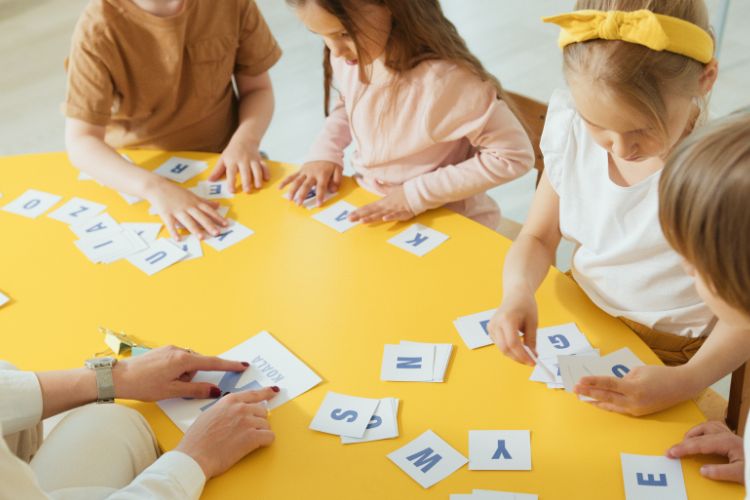After you get clear on why you want to learn a new language and think about committing to it, the first question that comes up is usually “How long will this take?” Everybody has lives, and considering where to fit in a new project can be challenging.
Of course, there’s no easy answer besides “it depends.” It depends on your goals: learning enough phrases to be comfortable traveling in Italy is different than needing to become fluent in business or science in Romania.
It depends on other commitments you have in your life. It depends on how hard the language you choose to learn is. And it depends on the learning method you choose. Let’s dive into two successful language learning methods.
Different Techniques for Language Learning

As our understanding of human learning has evolved, our teaching practices and opportunities for self-directed learning have changed dramatically. Older Americans who took foreign language classes in high school often find that the methods they learned back then are simply not effective for achieving even a modest level of proficiency in a reasonable amount of time.
Utilizing outdated approaches to language learning, especially outside a classroom, usually ends in frustration and failure.
Modern approaches to language learning, both in and out of the classroom, emphasize the idea of immersion in a language to provide context to raw information. While we often hear criticisms of rote learning, some degree of repetition is necessary to add to your vocabulary and understanding of language. There are two modern approaches that have been shown to be very efficient in terms of learning time.
Spaced Repetition Systems (SRS)
Spaced Repetition Systems (SRS) allow you to use something akin to rote learning in a more efficient (and often more fun) way. A simple example of SRS is the use of flash cards. It would be a huge waste of time to compile a list of hundreds of vocabulary words on cards and review the entire list each day. A better approach is to eliminate words from the stack as you learn them.
They can be interspersed with new words at a later time, further reinforcing the memory of the word. This is essentially how SRS works.
Many language learning software packages use the concept of SRS in a more sophisticated way. Modern language learning apps, for example, use repetition along with context to increase the speed of learning.

As new vocabulary words are introduced, they are repeated within different sentences. Previously learned words are also repeated in new lessons, and the net result is a combination of repetition and meaning. This is highly effective for reducing the amount of study time necessary and creating solid, well-connected stores of information in the brain.
An important aspect of utilizing any SRS approach is that the best results come from daily study.
However, because software packages so often employ approaches that combine repetition and meaning, the amount of study time required each day can be significantly reduced without adding to the total time required for eventual fluency. The basic idea here is that the quality of time spent is much more valuable than quantity.
Immersion

Another highly effective way to learn a foreign language in less time is total immersion.
Go to a country where that language is spoken and try to use only that language. This approach will usually require some base knowledge of the language, but the degree to which language skills can improve in a short time is astounding.
As little as two or three weeks can be enough time for you to improve from knowing some words and phrases to actually using them in simple conversations.







